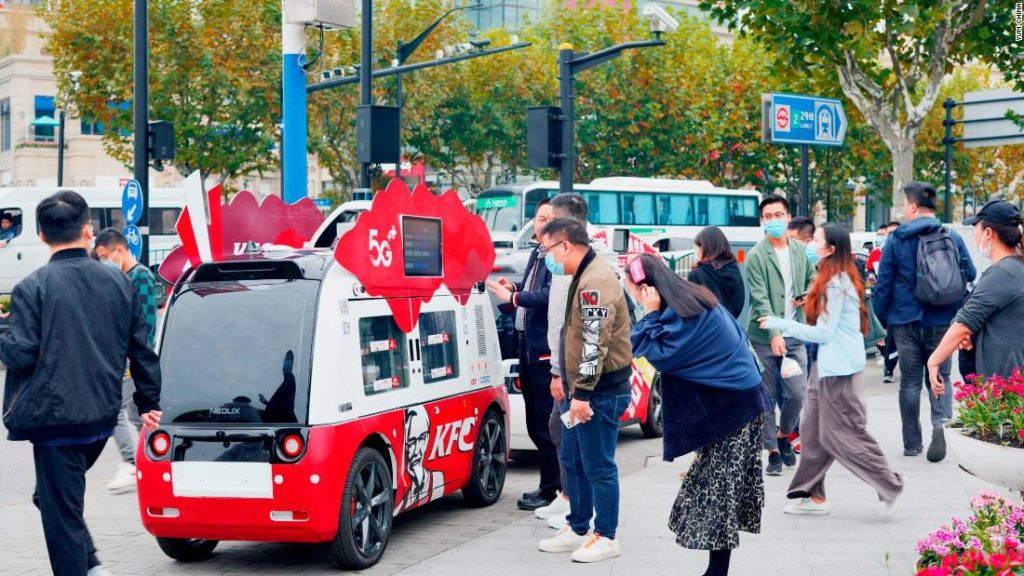The company, which reported better-than-expected earnings on Thursday, said that home delivery and takeout now account for more than 50% of sales. Revenue grew 11% to almost $2.3 billion, though same-store sales dipped 4% in the quarter ended December, compared to the previous year.
“Home consumption is a growing trend. The pandemic has accelerated that,” CEO Joey Wat told CNN Business.
Wat said that the initiative, which launched last October in 2,000 stores, was not just a pandemic play. After an “encouraging” show of results, the company plans to expand the offering to more cities.
The company has reason to cling onto any new idea that sticks. On Thursday, it warned of a shaky recovery, which chief financial officer Andy Yeung attributed to “regional outbreaks [of coronavirus], reduced travel and lingering effect on consumer behavior.”
The upcoming Lunar New Year holiday — typically an important time for sales — will likely “be subdued,” he told analysts.
One year ago, the picture was even bleaker. When the pandemic first hit, the company was forced to take a step back and map out how long it could survive on no sales, said Wat.
“We worked it out — if we had zero business, our business can survive for a year,” she said. That amount of runway is “much better than the average player in the industry,” she noted, but “still not as long as I would like to see.”
The company took some risks. Last year, Yum set up more than 1,100 new stores around the country, a record level of new openings. This year, the firm plans to open another 1,000 stores.
“It’s still a very carefully, well thought through process,” said Wat. “We don’t just open stores for the sake of opening new stores.”
Some branches follow what the company calls a “small town format,” which requires less investment and offers diners a slightly different menu.
Wat argues that new initiatives aren’t just to nice to have; they’re a necessity.
“In a highly competitive market, and very fast-changing market like China, we truly believe that innovation is the key not only to survival but to success,” she said. “We have a very big job to do here, to protect, to support the jobs of 400,000 people. We need to make sure that we have tried our very best.”
You may also like
-
Afghanistan: Civilian casualties hit record high amid US withdrawal, UN says
-
How Taiwan is trying to defend against a cyber ‘World War III’
-
Pandemic travel news this week: Quarantine escapes and airplane disguises
-
Why would anyone trust Brexit Britain again?
-
Black fungus: A second crisis is killing survivors of India’s worst Covid wave

